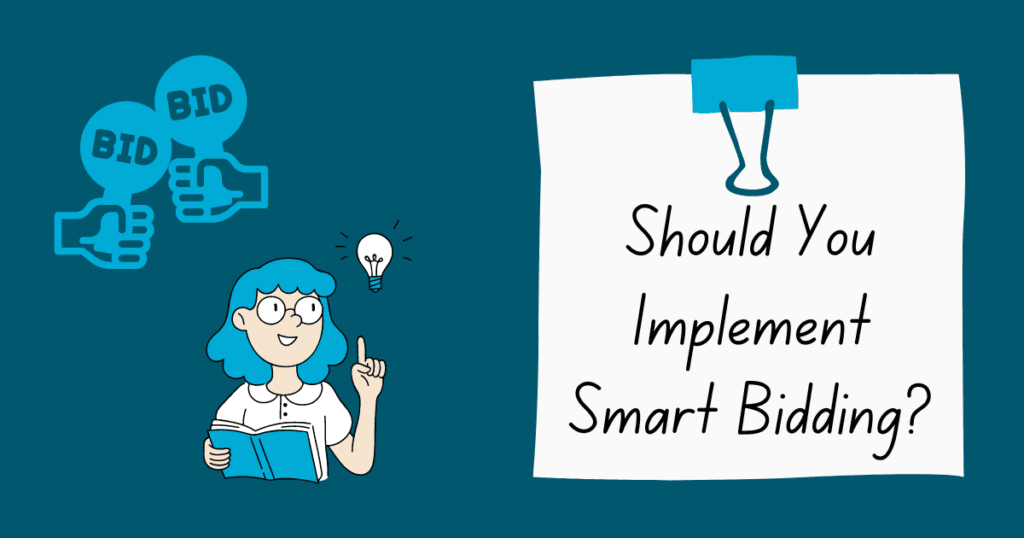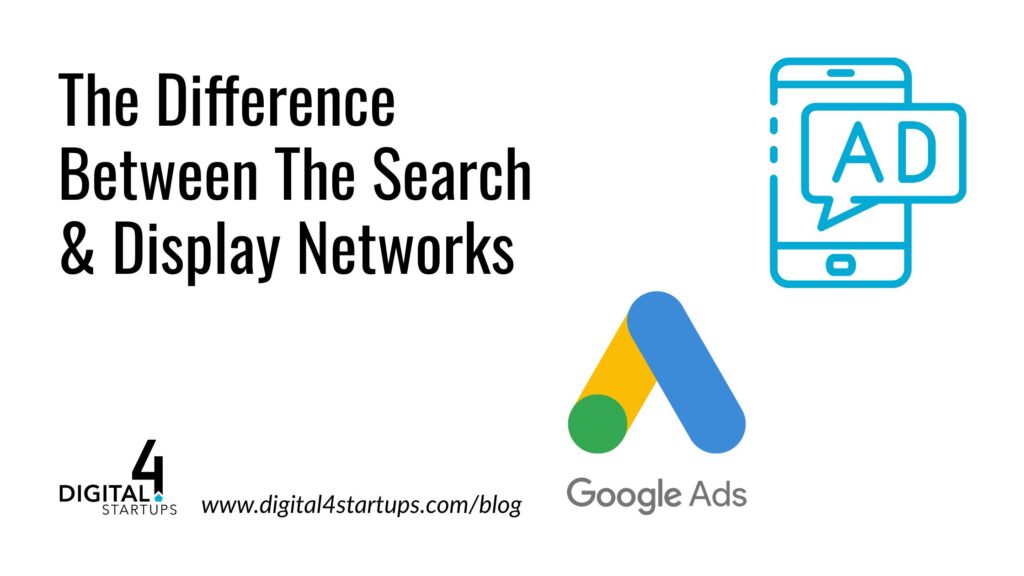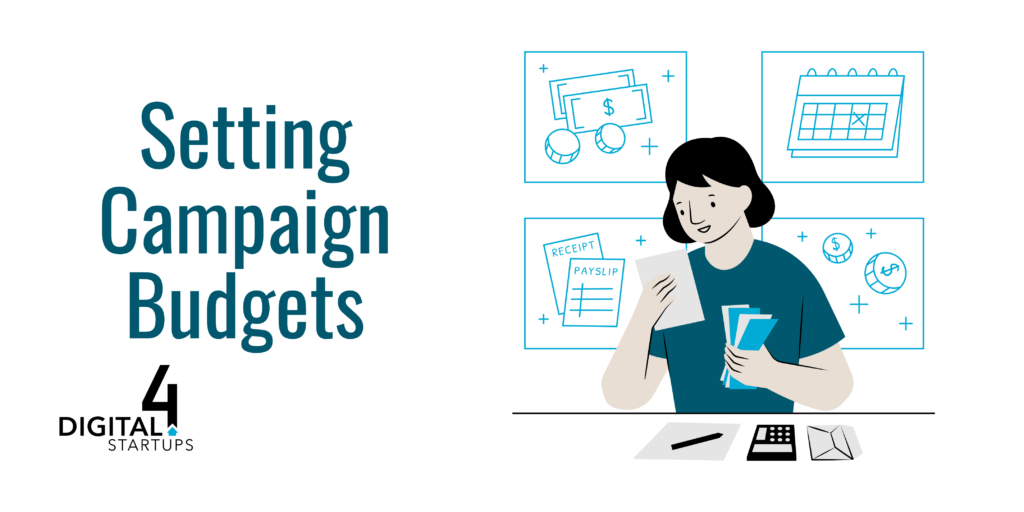
What is smart bidding?
Smart bidding seems like an obvious strategy to implement based on the name, but what is it? Smart bidding is a bidding strategy that utilizes AI to factor in historical data and audience signals to optimize for conversions or conversion value in every auction.
These audience signals provide context to the individual who’s searching at the time of an auction like device or time of day. Smart bidding also allows the algorithm to adjust bids in real-time.
Smart bidding strategies
There are four key smart bidding strategies—maximize conversions, maximize conversion value, target CPA, and target ROAS.
An easy way to acquaint yourself with these strategies is to ask yourself, what do you want your campaign to maximize?
For example, if you pick Maximize Conversions, your campaign will be entered into auctions that are more likely to maximize conversions within your budget. Maximize Conversion Value enters you into auctions that are most likely to increase the value of your conversions, instead of the amount of conversions—think quality over quantity.
Target CPA enters you into auctions so you can obtain the most amount of conversions within your set Cost-Per-Acquisition budget. For example, if your target CPA is under $5, you’ll be entered into the auctions where you can potentially receive the most conversions within that $5 CPA. And lastly, with Target ROAS you’ll be entered into auctions that increase your conversion value and try to achieve your specified Return on Ad Spend.
If your business goal is to increase leads or sales, then you should consider implementing a strategy that focuses on maximizing conversions or target CPA. If your business goal is to increase profit, then you want to choose either the target ROAS or the maximum conversion value bid strategy.
In the words of Dwight K. Schrute from The Office, “False.” Sure, big brands have bigger budgets and can bid on more keywords, but small businesses are more than capable of finding their success in the PPC world. We are Digital4Startups, after all. We exist to help businesses of all sizes discover their own version of PPC success.
And by design, PPC is meant to serve all kinds of businesses. Since you can set your budget and only have to pay when your ad is clicked, PPC is a highly cost-efficient method of advertising.
Besides cost-efficiency, there are several other benefits for small businesses to use PPC advertising. From targeting optimal audiences and building your brand to improving SEO and analyzing key metrics, PPC is a way for small businesses to learn about their customers and adjust their marketing strategy based on their campaign results.
With the right tactics, PPC can transform not only your business, but your digital footprint as well.
Should you implement smart bidding?
Thus remains the ultimate question: should you implement smart bidding? *Insert drum roll for suspense* The short answer is: it depends.
We apologize if that’s not the most cut and dry, black and white, in your face answer, but there is a time and a place to use smart bidding, just like there’s a time and place to use manual bidding. Although there are a number of positives to implementing smart bidding like how it’s a time saver, and easily adapts to your sales goals and settings, there are some downsides.
According to the D4S team, downsides include the loss of control when implementing smart bidding campaigns, lack of data in the learning period for companies with smaller budgets, and the necessity of accurate conversion tracking.
The issue with smart bidding is that it needs historical data and conversion data for Google’s algorithms to adjust the bids. Unfortunately, companies with smaller budgets can’t afford accurate conversion tracking and/or the time and resources it takes to acquire enough historical data during the learning period.
According to Reva Minkoff, Founder and President of D4S, “The learning period has been challenging, especially for smaller advertisers, who can’t afford the budgets that Google’s AI would like in the ‘ideal’ scenario.
While it should work well for low-volume converting businesses, (some b2b SAAS, guitar teachers, etc.) it typically doesn’t because the AI can’t get enough info to learn from, and then it just starts getting very confused.” This confusion by Google can lead to an increase in Cost-Per-Click or Cost-Per-Acquisition.
However, there are instances where you should implement smart bidding. Smart bidding is especially useful for lower-funnel marketing campaigns because it saves time and can strategize and implement next steps for you. On the flip side, manual bidding might be a better option if you’re running a top or mid level campaign since these require you to factor in a multitude of variables and KPIs to determine changes to your bids.
Conclusion
You’re here for our take, so what does D4S recommend? If it aligns with your campaign goals, then use smart bidding.
If you have the historical data and want to execute one of the top four bidding strategies—maximize conversions, maximize conversion value, target CPA, and target ROAS—then by all means, go for it.
If you have a top or mid level campaign, it might be better to start with a manual bid strategy, learn as much as you can and which KPIs you want to target, and then implement a smart bidding strategy later on.
Need help with your smart or manual bidding strategies? You can reach out to the D4S team at info@digital4startups.com.


